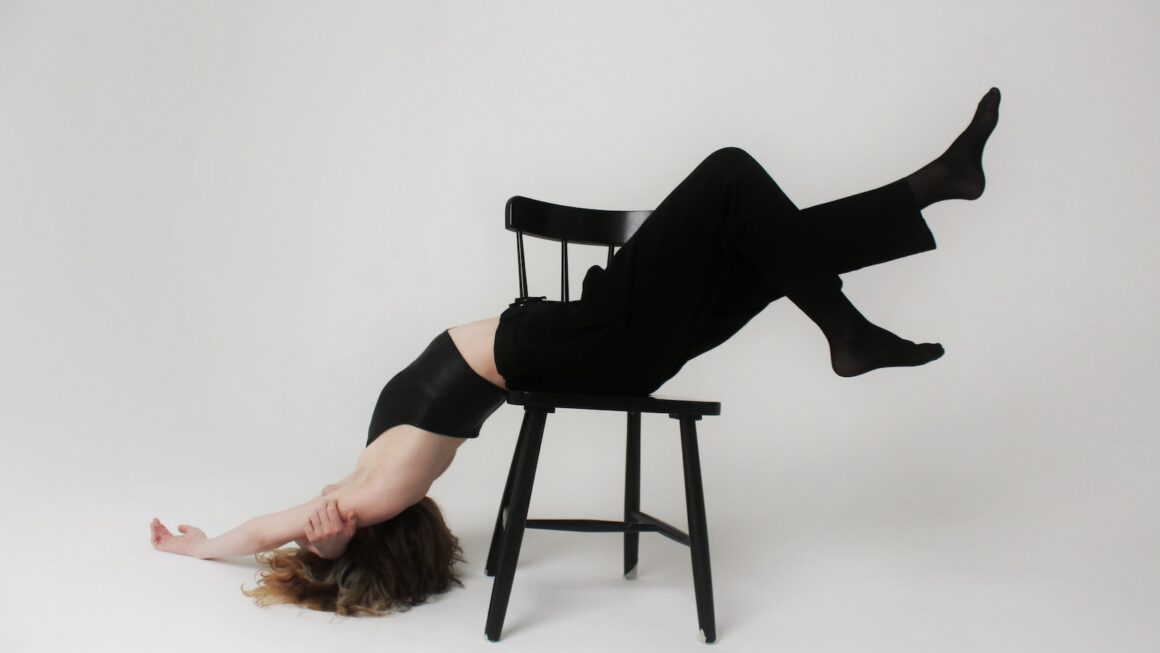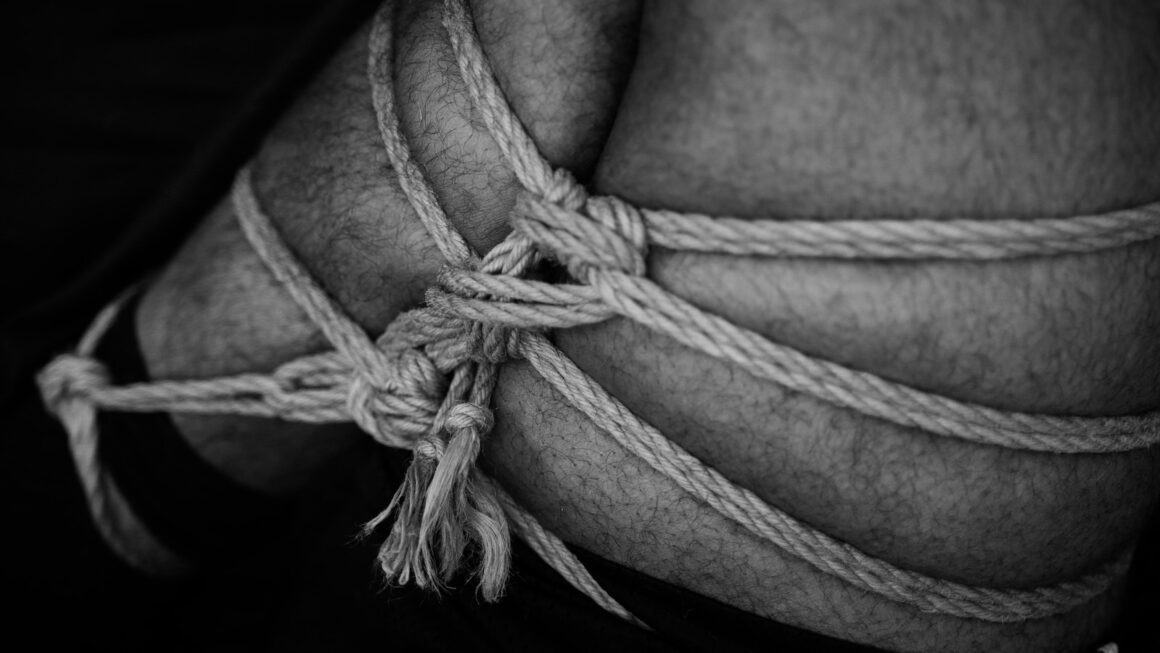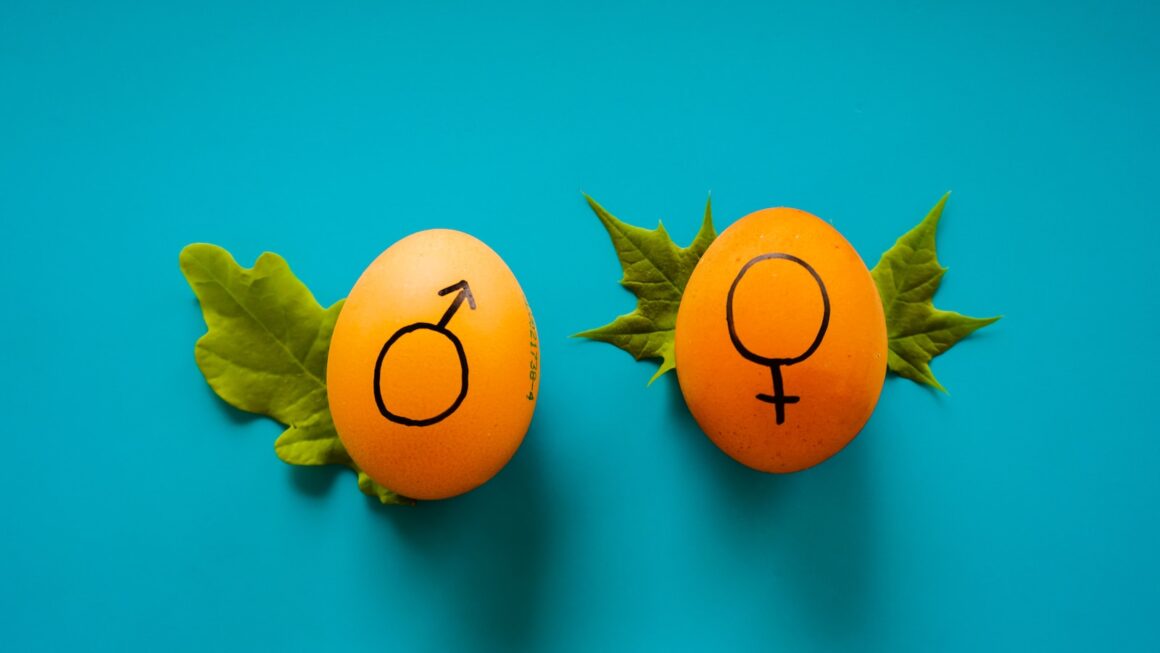It’s not uncommon to feel sleepy after sex, but what causes it? Sex can be a great way to relax, but the intense action can also keep you awake.
During sex, the body releases a host of hormones that can cause drowsiness. Some of these include oxytocin, melatonin, vasopressin, and prolactin.
1. Excessive excitement
Despite the common caricature of heterosexual monogamous intercourse in which the man collapses into pillows on a bed in a blissed-out state while his partner twiddles her thumbs wide awake, sex can be energizing and exciting. The body releases a cocktail of hormones and neurochemicals that can trigger feelings of euphoria, pleasure, and happiness. However, that doesn’t mean you’re going to sleep right away.
During sex, the body releases hormones like oxytocin, prolactin, melatonin, vasopressin, and serotonin. Combined, these hormones signal to the brain that it’s time for bed and can help you fall asleep. Especially when sex is done with the lights out, these hormones can also help to regulate your body clock.
However, if you don’t orgasm during sex, it can take longer for the effects of these hormones to wear off and for you to feel sleepy. This is because orgasm triggers the release of more neurochemicals.
According to one study, both men and women were found to be faster to fall asleep after orgasm versus sex without orgasm. This could be due to the fact that orgasm can make you feel more relaxed and connected to your partner. In turn, this can make your emotions more stable and less likely to shift into frustration or resentment in the future. This type of emotional stability is necessary for a good night’s rest.
2. Physical discomfort
In addition to causing feelings of physical exhaustion, sexual activity can also cause physical discomfort. This can make it harder to fall asleep and may contribute to waking up during the night. In some cases, this pain can be caused by an unsatisfactory sexual experience. In other cases, it can be a result of a medical condition such as menstrual cramps or abdominal pain.
The type of sex you engage in can have a big impact on your ability to sleep afterwards. For example, vigorous sex can lead to an increased heart rate and increased blood pressure which can make it more difficult to fall asleep. It’s also important to consider the timing of your sex before bedtime. Sleeping too soon after sex can increase the likelihood of experiencing sexually transmitted infections and unplanned pregnancy.
Regardless of the reason for your inability to sleep after sex, it’s important to be aware of it and seek treatment if necessary. In many cases, the symptoms will go away on their own but if they persist, you should visit a doctor for further evaluation. Ultimately, if you’re unable to get a good night’s sleep after sex, the most important thing is to communicate your needs and desires with your partner. This will ensure that both of you are able to get the restful sleep that you need.
3. Insomnia
Some people find that they can’t sleep after sex even though they feel drowsy beforehand. This is known as insomnia. It can be caused by a variety of things, such as stress, anxiety or pain. It can also be caused by some medical conditions or medications. It can be made worse by certain physical factors, such as an overactive thyroid gland or a problem with your natural sleep/wake cycle (circadian rhythm). Insomnia is also linked to some mental health conditions, including depression and anxiety.
Insomnia is a common problem, but many people don’t know what to do about it. Experts recommend trying to relax and taking some time to get to sleep. In some cases, insomnia can be treated with hypnotic drugs. However, it’s important to see a doctor before attempting any self-treatment.
Some experts believe that sex and intimacy at bedtime can help with sleep. For example, women can release hormones that may increase drowsiness, as well as increase their REM sleep — the truly restorative kind of sleeping. Meanwhile, men can receive a natural boost in prolactin and testosterone after sex, which may help them fall asleep more quickly and sleep better. Unfortunately, research on the subject is limited. Some of the reasons for this are ethical, such as the difficulty in obtaining blood samples without the consent of the person being studied.
4. Stress
There is a common caricature of heterosexual monogamous intercourse that depicts the man collaps into pillows after climaxing while the woman sits up, wide awake and twiddling her thumbs, frustrated by her partner’s inability to fall asleep. While this portrayal may be a little over the top, the truth is that it’s fairly normal for both men and women to feel sleepy after sex.
During orgasm, the body releases the chemicals prolactin, oxytocin and vasopressin which are hormones that trigger relaxation and sleepiness. In addition, the brain produces melatonin, which is released in response to darkness and signals the body that it’s time for sleep.
The reason why this happens is simple. Our bodies are designed to go into a sleep cycle in response to darkness, and sex naturally triggers this process.
However, this doesn’t mean that you should skip sex at all. Instead, work with your spouse to have sex at times during the day that will allow you to get a good night’s rest. This might mean putting the kids to bed early and having some intimacy while they’re still awake, or scheduling time in the morning before you head out for the day. By experimenting with different times, you’ll find one that works best for your relationship and for your sleep habits.




